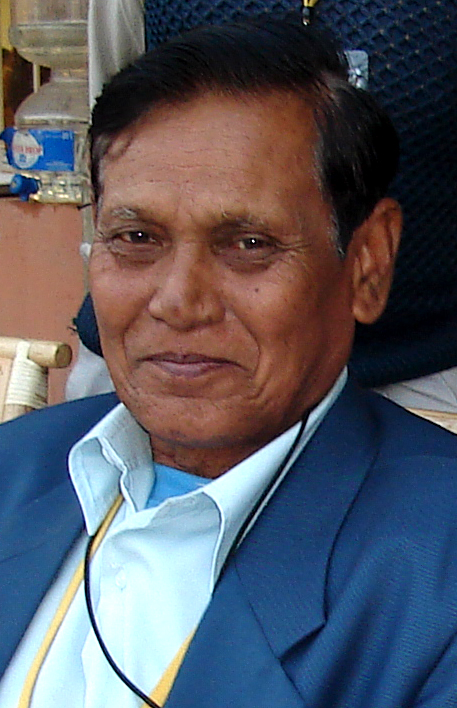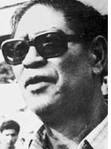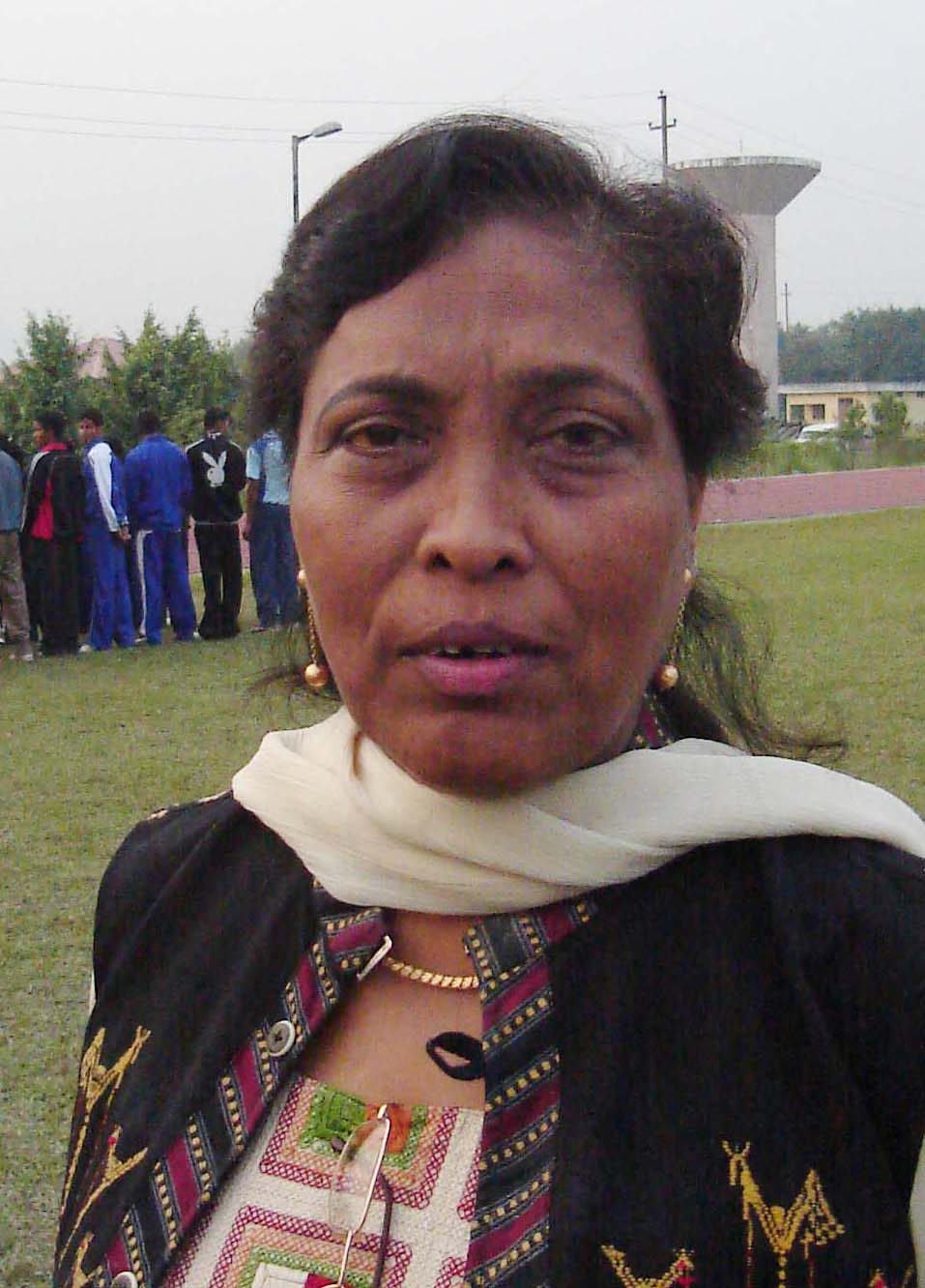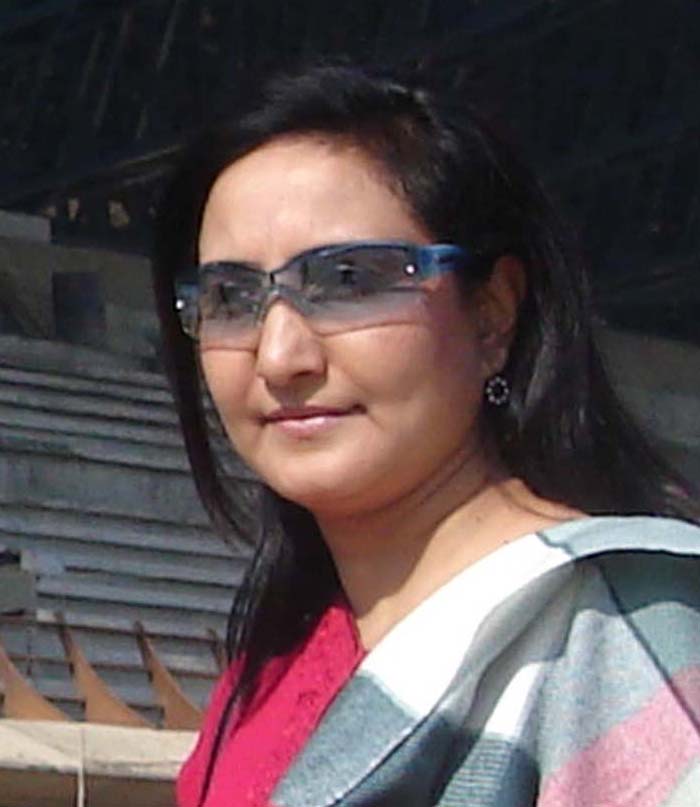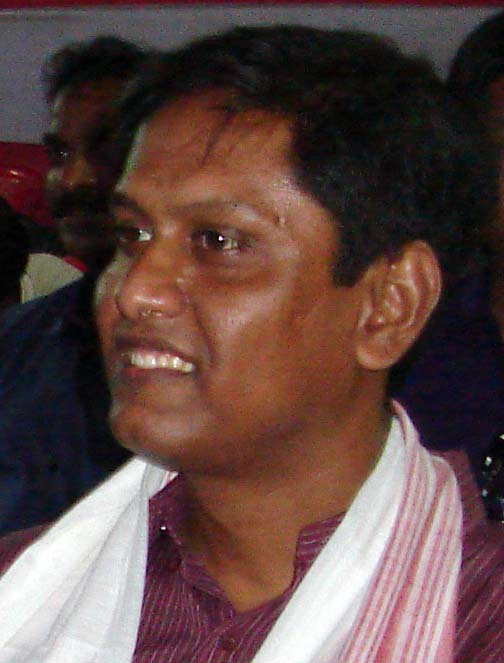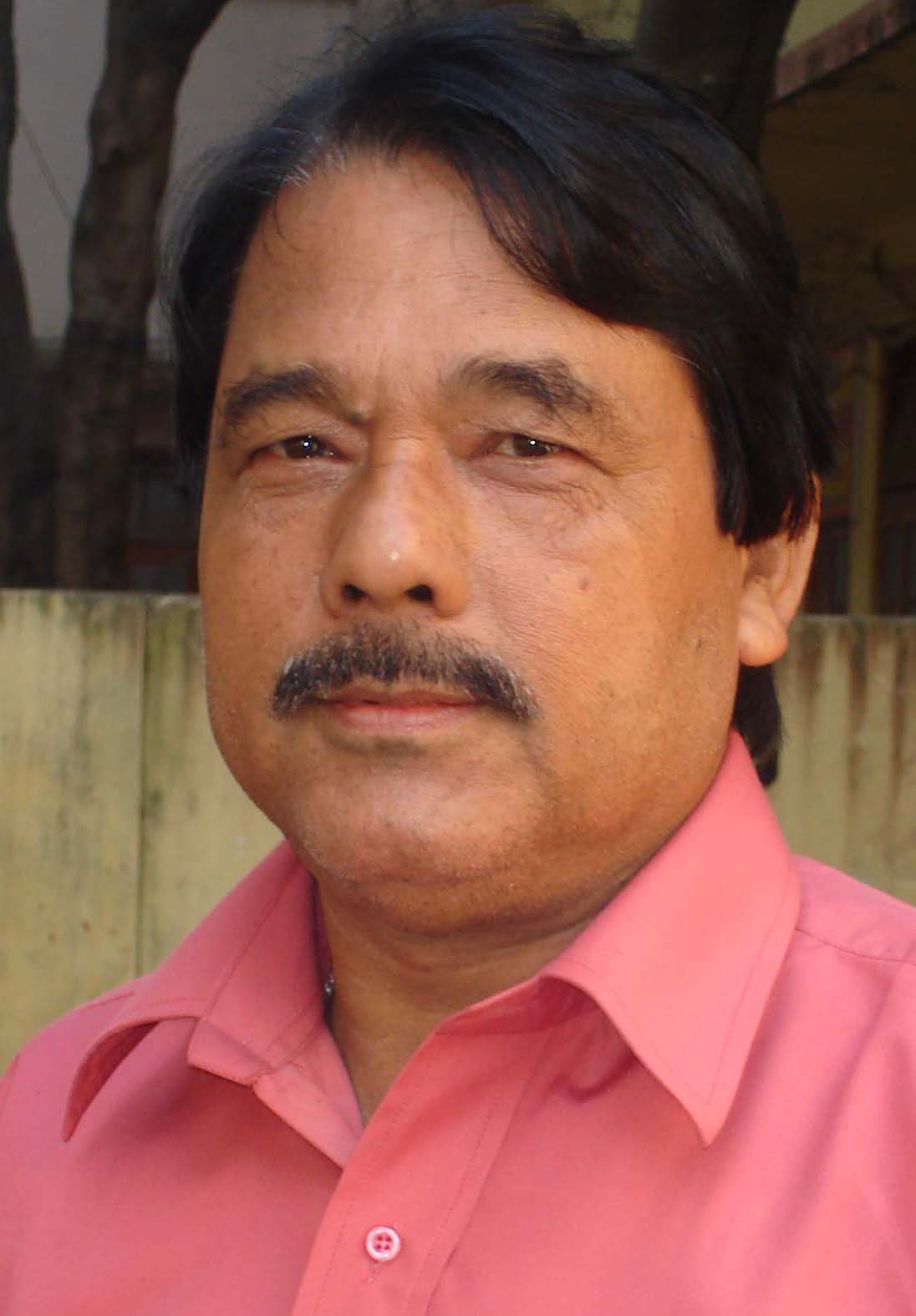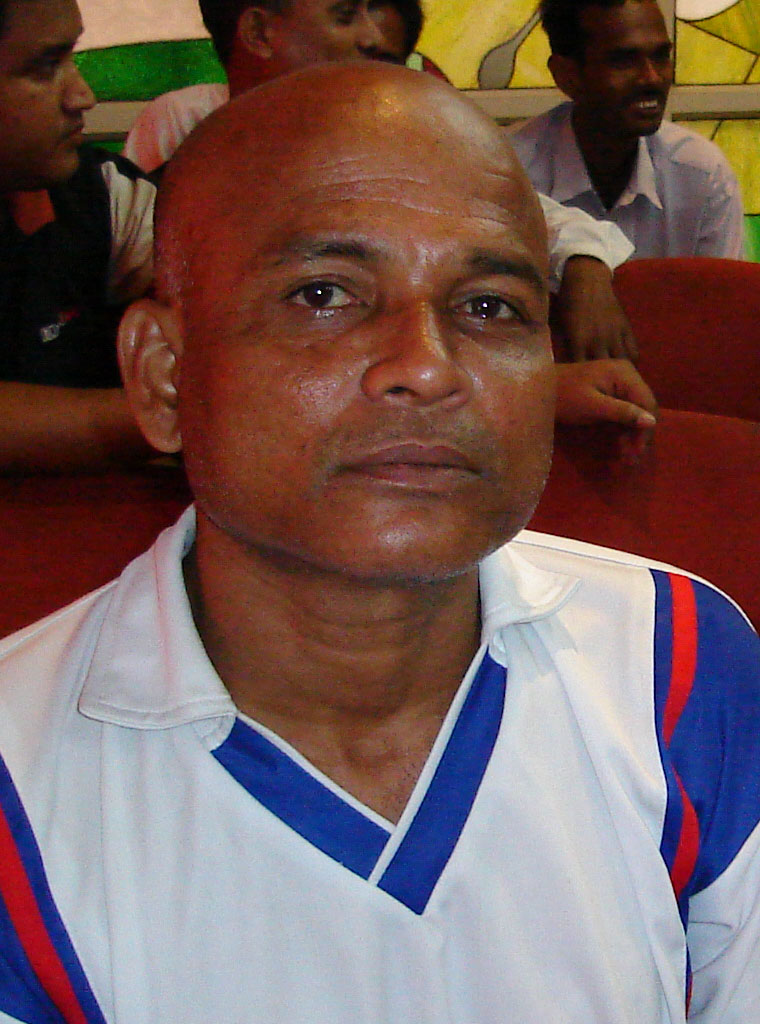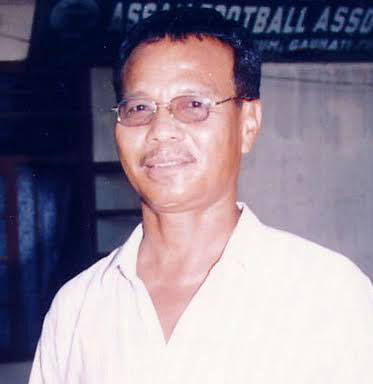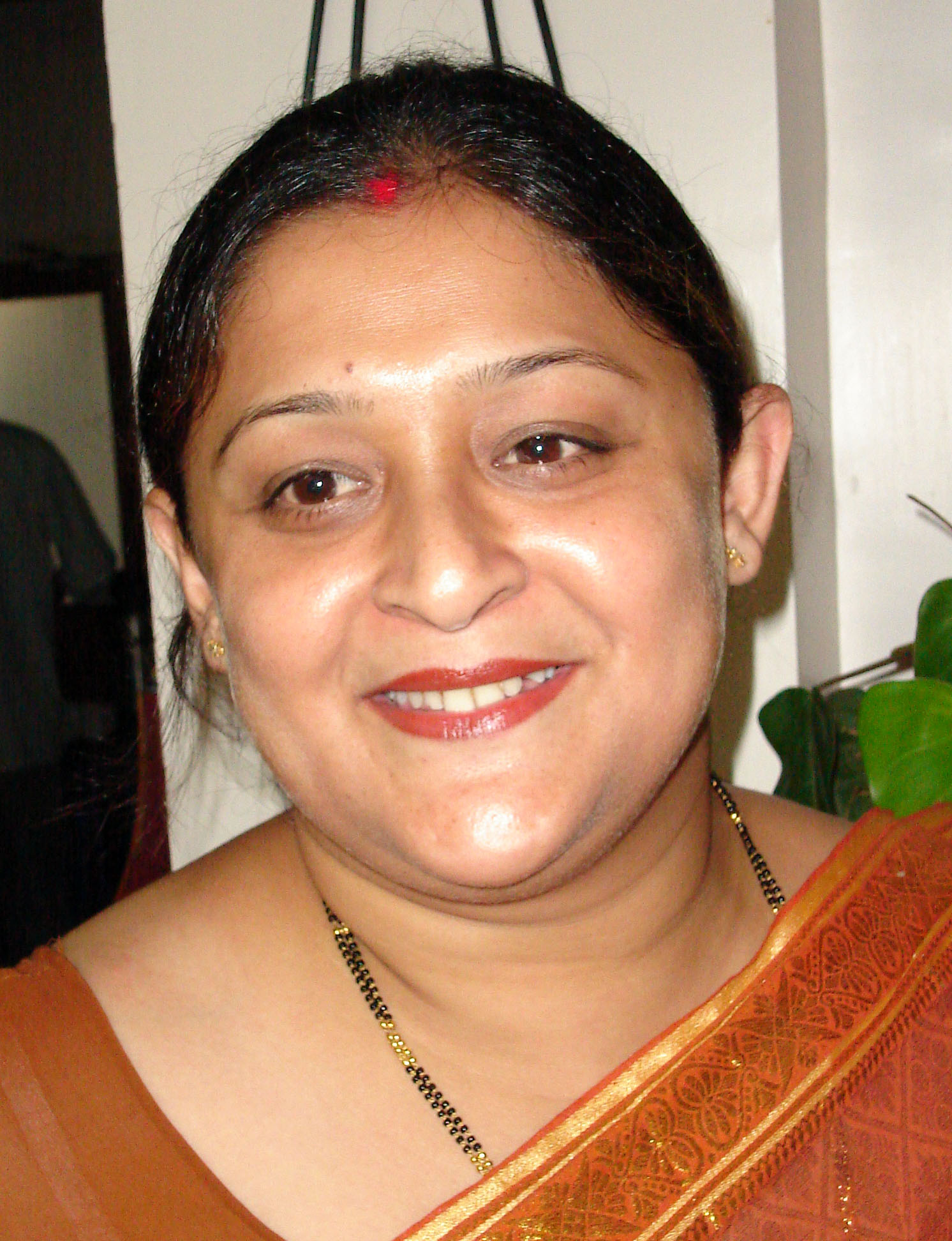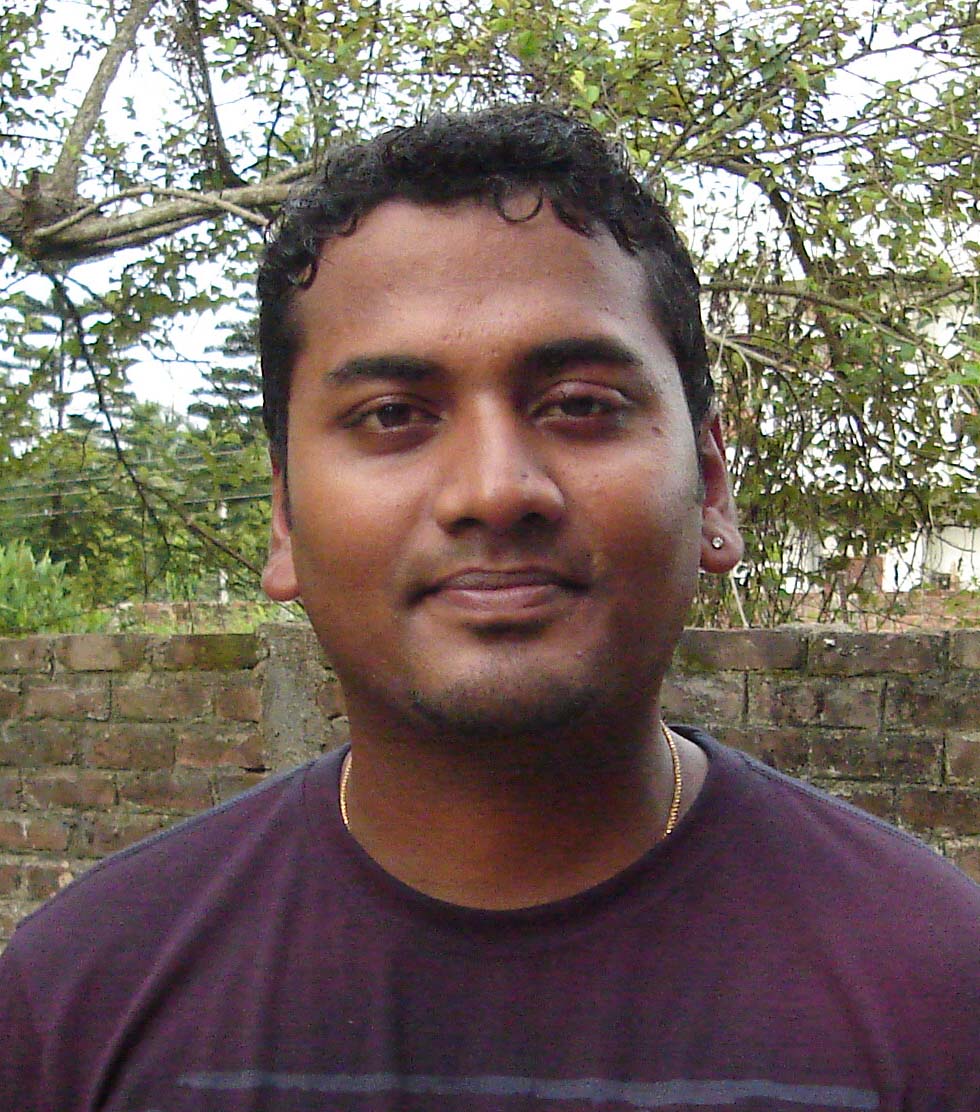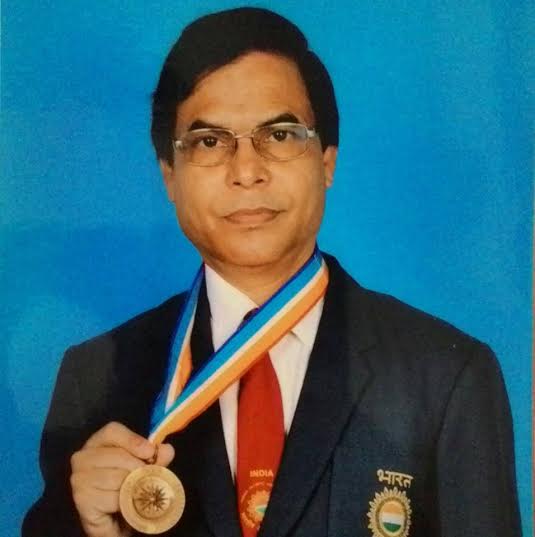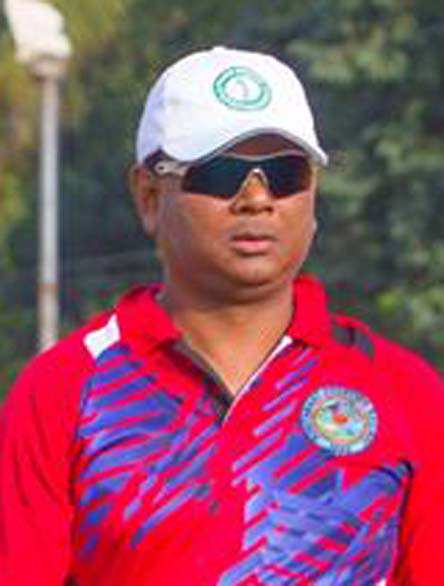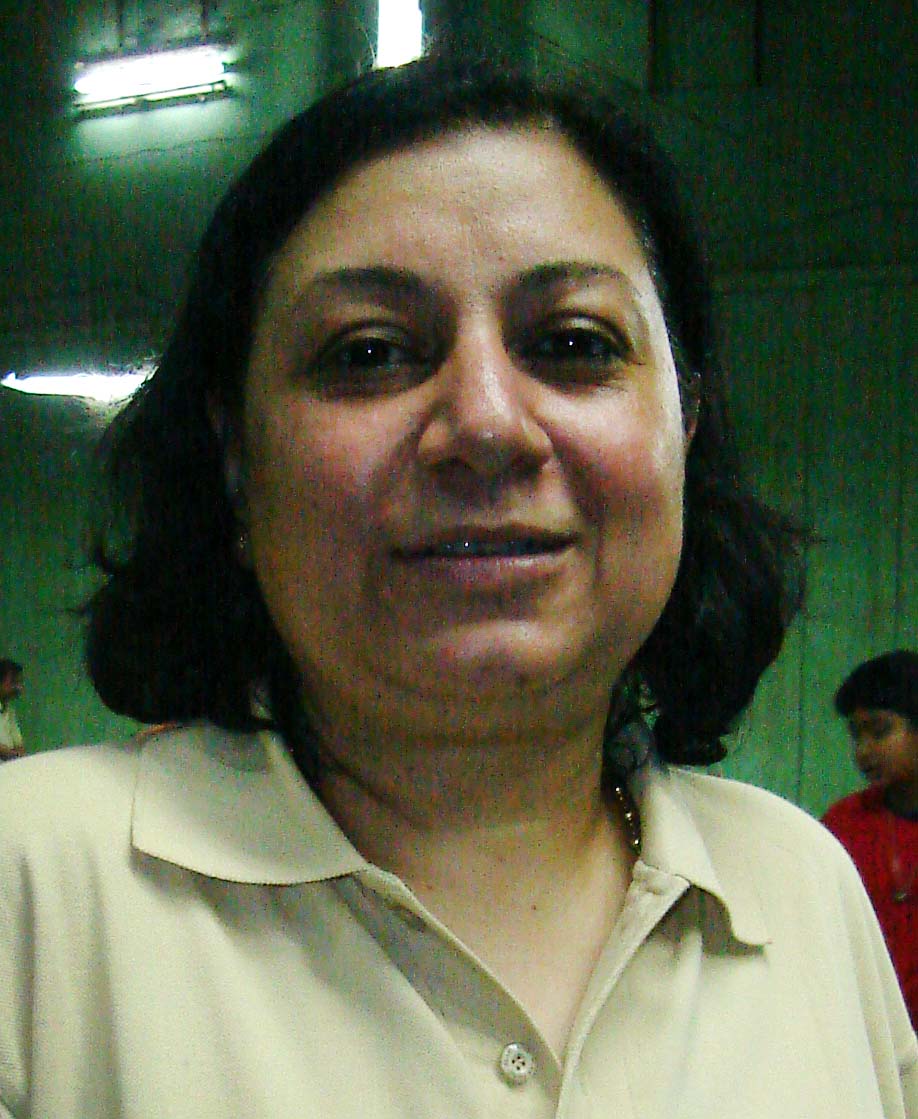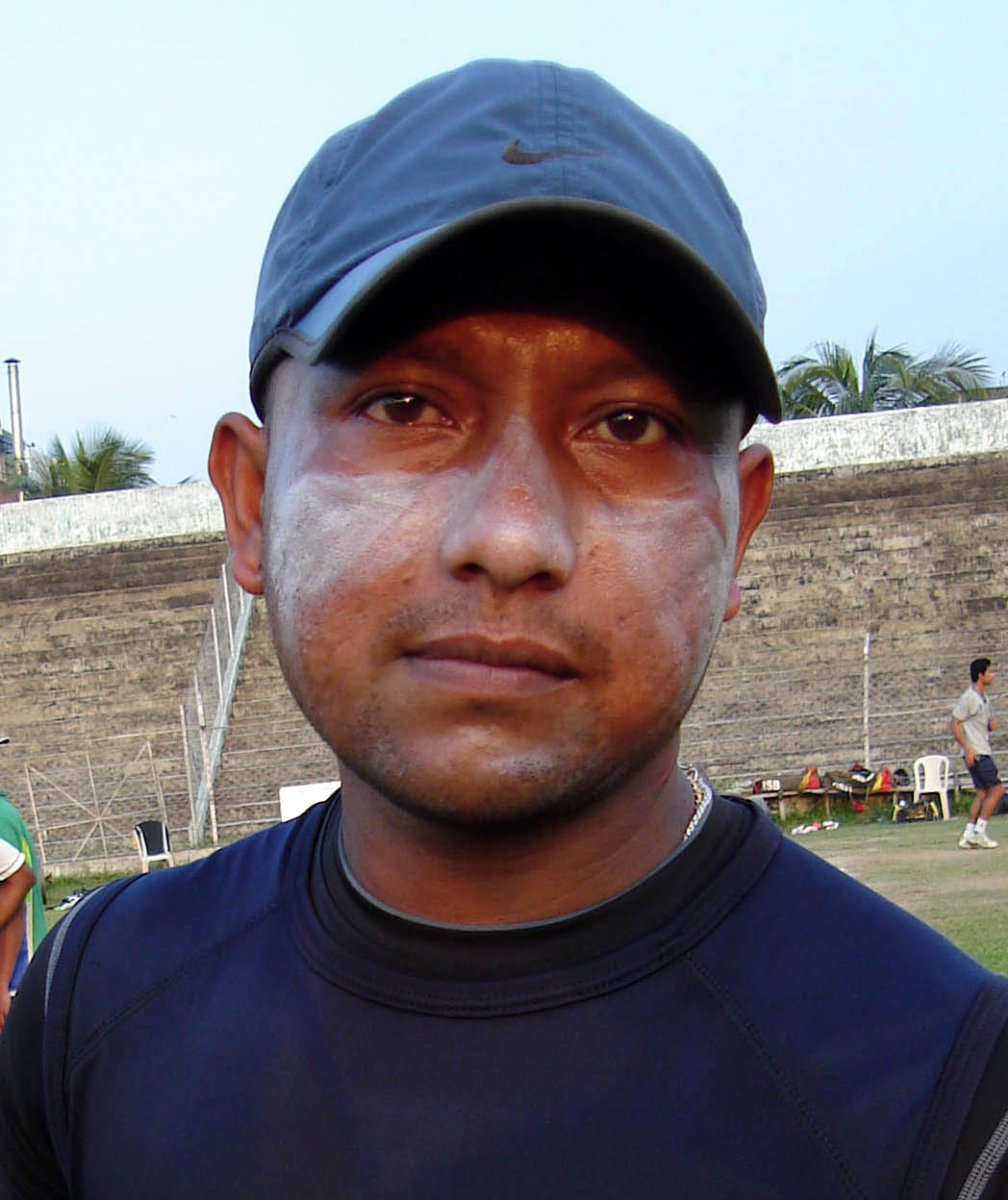01.
Bhogeswar Baruah
Bhogeswar Baruah, the first Arjuna Awardee from Assam, was born on September 3, 1940 in the Upper Assam district of Sivasagar. A sports enthusiast from a young age, he joined the Indian Defence Force in 1960, which allowed him to focus on athletics, particularly middle-distance running. From 1964 to 1968, Baruah established his dominance in the 800 meters in national as well as international circuits. Although he missed the opportunity to compete in the 1964 Olympics, he rebounded with a remarkable performance at the 1965 National Athletics Competition in Bengaluru, where he set a national record with a time of 1 minute 49.9 seconds. His most significant achievement came at the 1966 Asian Games, where he won gold in the 800 meters, clocking a record time of 1 minute 49.4 seconds—the first gold medal for an athlete from Assam in the Asian Games. He also earned a silver medal in the 4x400 meters relay at the 1970 Asian Games also held in Bangkok. In addition to his athletic accomplishments, Baruah was a skilled soccer player, representing the EME team, Hyderabad in a Durand Cup match against Mohun Bagan. His birthday, September 3, is celebrated annually as Sports Day by the Abhiruchi Group, honouring his legacy in Indian sports.
02.
Talimeren Ao
Talimeren Ao, popularly known as T Ao, is considered as one of India's all-time great soccer players. Ao, a doctor by profession, was born in 1918 in Changki village (now in Mokokchung district of Nagaland). He came to limelight while representing Guwahati based Maharana club as half back. His performance with Maharana club in 1941 IFA Shield against Mohammedan Sporting, one of the toughest teams in the country at that time, caught the eye of soccer officials in Kolkata and he immediately got an offer to play for Mohun Bagan. Thereafter, he never turned back. His keen football sense, superb skills, courage and dedication to the game made him a legend in his time. Ao was also the first soccer captain of Independent India and led the national soccer team in the 1948 London Olympics. He was also the flag-bearer of the Indian contingent. It’s believed that Talimeren Ao turned down the offer to play for Arsenal to continue his medical studies. In 2002 Mohun Bagan honoured him by creating the Mohun Bagan Ratna Award and giving him a Life Membership. In Assam, an outdoor stadium at Kaliabor and an indoor stadium at Cotton College have been named after him. A football tournament was also introduced on his name in 2009 among the teams of North Eastern States.
03.
Tayabun Nessa
Tayabun Nessa is hailed as one of the finest athletes from Assam, particularly among women, and is often compared to Bhogeswar Baruah. Her journey is a testament to resilience and determination, as she rose from an economically disadvantaged background in Sivasagar district to become a role model for aspiring athletes in the state. As a discus thrower, Tayabun showcased her talent early, winning her first national medal—a bronze—at just 15 during a state athletics meet in Ahmedabad. She gained national attention when she broke a 12-year record with a throw of 29.23 meters at a national meet. Her standout performance came at the 1981 National Championships, where she set a new record by hurling the discus 41.66 meters. This remarkable feat earned her a place on the Indian team for the 1982 Asian Games held in New Delhi. After an illustrious athletic career, Tayabun retired from the NF Railway as a senior official but remains actively involved in athletics, continuing to inspire future generations of athletes in Assam.
04.
Monalisa Barua Mehta
Monalisa Barua Mehta, born on December 7, 1963, is a pioneering figure in Indian sports and the first woman athlete from the North East to receive the prestigious Arjuna Award. She began her table tennis journey at the age of 11 and made a memorable debut at the All-Assam Table Tennis Championship in Nagaon, where she unexpectedly defeated her maternal aunt, Minati Sarma, a favourite to win the tournament. Remarkably, she initially visited Nagaon to spend time with family, not to compete. Following this breakthrough, Monalisa joined a coaching centre at Nehru Stadium and quickly rose through the ranks, winning her first National Sub Junior title in 1976. She went on to claim the Junior and Senior National titles in 1979 and 1985, respectively. A key player in Assam's success, she contributed significantly to the team’s five consecutive victories in the Padmawati Trophy since 1975. Known for her agility and spinning skills, Monalisa represented India at the Asian Games in 1982 (Delhi) and 1986 (Seoul), as well as at various international events like the Asian Table Tennis Championships, World Championships, and SAF Games. In recognition of her achievements, she was awarded the Arjuna Award in 1987. After marrying fellow table tennis star Kamalesh Mehta, Monalisa settled in Mumbai, where she served as a top official at Oil India Limited and remains actively involved with the Table Tennis Federation of India. Her journey continues to inspire aspiring athletes across the country.
05.
Dipankar Bhattacharjee
Dipankar Bhattacharjee, born on February 1, 1972 in Guwahati, is regarded as one of India's finest badminton players. He began his journey in the sport at the age of 8, training under the guidance of his father Ishwar Bhattacharjee, who was his first coach and a constant source of support. Dipankar also benefited from training at the prestigious Prakash Padukone Badminton Academy in Bangalore, where he honed his skills alongside legends like Prakash Padukone and Vimal Kumar. Dipankar first made headlines at the age of 13 when he represented Assam in the Sub Junior Nationals, quickly establishing himself as a key member of the state badminton team. He played a pivotal role in helping Assam secure titles in both the Sub Junior and Junior National Championships. Known for his agility, speed, and composure under pressure, he won his first senior national title in 1994. His remarkable journey included representing India at the 1992 Barcelona Olympics, where he made it to the pre-quarter finals, facing off against the world number one, Zhan Xianhua. His performance earned him significant recognition, and upon his return, he was awarded a brand-new car by Assam's then Chief Minister, Hiteswar Saikia. Dipankar made history as the first Indian badminton player to compete in two consecutive Olympics. However, injuries ultimately led him to retire from competitive play at the age of 33. After starting a badminton academy in Guwahati, which unfortunately closed after a few years, he relocated to Mumbai, where he currently works as a manager at Indian Oil Corporation. His legacy continues to inspire many aspiring shuttlers across the country.
06.
Susan Das Choudhury
Susan Das Choudhury is considered a pioneering tennis player and possibly the first female star of Assam in the sport. Growing up in Tezpur, her passion for tennis developed early on. To further her training, she moved to Kolkata, where she practiced under the renowned coach Akhtar Ali. By the 1970s, Susan had firmly established herself as one of India's top tennis players, alongside notable figures like Kiran Bedi and Nirupama Mankad (wife of former cricketer Ashoke Mankad). She won her first national women's singles title in New Delhi in 1975 and went on to represent India in the Federation Cup twice. From 1969 to 1978, she was a key member of the national team, competing in various international events, including the qualifying rounds of Wimbledon. Known for her powerful serve and well-crafted drop volleys, Susan's style of play was a delight to spectators. Her contributions to Indian tennis have paved the way for future generations of players from Assam and beyond.
07.
Tayabun Nessa
Tayabun Nessa was undoubtedly the best athlete from Assam after Bhogeswar Baruah and possibly the finest one among women. She established herself as a role model for young athletes of the state with her never-say-die attitude. Although the veteran athlete was born in an economically weaker family in Sivasagar district, she overcame all odds with hard work and dedication. Tayabun, a discus thrower, collected her first national medal, a bronze, at the age of 15 in the state athletics meet held at Ahmedabad. Later, she created a sensation at a national meet throwing discuss to 29.23 meters to break a 12-year national record. The best throw of Tayabun, however, came at the 1981 National Championships where she made another record, hurling discuss to a distance of 41.66 meters. This performance also helped her to earn a place in the Indian team which took part in 1982 Asian Games held at New Delhi. The former athlete, who is still actively associated with athletics, retired recently from NF Railway as a senior official.
08.
Sarat Das
Sarat Das, born in 1916, is celebrated as one of the finest footballers Assam has ever produced. His talent was recognized early in his career by Animesh Ganguly, known as the "soccer saint of Assam," who invited him to join Maharana Club in 1935. Within just a few years, Das established himself as one of the best defenders in Assam, showcasing his skills during the IFA Shield, where his performance caught the attention of top Kolkata clubs. In 1941, he signed with the illustrious Mohun Bagan club, where he spent the majority of his career. Football in Kolkata during that era was fiercely competitive, yet Das endeared himself to local fans with his sharp intellect and exceptional soccer skills. Gosta Paul, a revered defender in Kolkata football, acknowledged Das's talent, stating that after him, it was Sarat Das who managed the defence best in Kolkata football. Sadly, an injury forced Das to retire from competitive football in 1948, just as he was on the probable list for the Indian team heading to the London Olympics, alongside fellow Assamese player Manoranjan Banerjee.
09.
Toshen Bora
Tashen Bora, born on February 14, 1950, in Naharkatia, a town in Dibrugarh district in Assam, is a celebrated figure in the State football. His journey began in class VII and quickly rose to prominence as a gifted player. In 1964, he was named the best player of the Junior Inter-District Football Tournament, showcasing his talent at just 14 years old. He served as vice-captain of the Assam School Team in the National School tournament held in Shillong. In the late 1960s, Tashen continued to shine, leading both the Assam Junior and Senior Teams. He represented Assam XI against the Soviet Union and earned an invitation to the junior national trial camp in 1966. His contributions during his time at Kanoi College and Dibrugarh University further solidified his reputation. Tashen joined Maharana Athletic Club in Guwahati and captained the Guwahati Senior Team in the 1971 Senior Inter-District tournament. He was also a key player for the Guwahati Town Club. Over his career, he participated in the prestigious Santosh Trophy seven times, three of those as captain of the Assam team. In 1972, he had the honour of representing India in the pre-Olympic qualifying matches. After his playing career, Tashen took on roles as a coach for the Assam team and as a selector for the Indian National Team, continuing to contribute to Indian football's development.
10.
Debashish Roy
Debashish Roy, born on December 2, 1954, in Karimganj district of Assam, is a notable figure in Indian football. A versatile center forward, who was known for his impressive sprinting ability, Debashish captivated spectators with his ball control and speed. He represented Assam in the Santosh Trophy twice and played five times for Bengal. His talent earned him several opportunities with the Indian national team, where he also served as vice-captain of the junior squad during a tournament in Pyongyang at North Korea. He is the only player in the annals of Kolkata football to play for all top three clubs-Mohun Bagan, East Bengal and Mohammedan Sporting-and also became the top scorer in the Kolkata IFA League. Prior to his time in Kolkata, he showcased his skills in Gauhati Town Club and Navajyoti Club. He also captained the Gauhati University in the Ashutosh Memorial University football championship and in the final they thrashed Kolkatta University by 5-0. Debashish received a professional offer from a Hong Kong-based club, but an injury that he received during Santosh Trophy Football Championship in Cuttack against Goa, forced him to decline. This same injury prevented him from participating in the 1982 Asian Games held in Delhi, marking a challenging turn in his promising career. Despite these setbacks, his contributions to Indian football remain significant.
11.
Gilbertson Sangma
Gilbertson Sangma, born on April 12, 1955, in Dibrugarh, emerged as a superstar in Assam football during the 1970s and 80s. He displayed remarkable talent from a young age, receiving his early football training in the Police Reserve. His career took off when he represented Golaghat in the Senior Inter District Soccer Championships in 1973, leading to his selection for the Assam Santosh Trophy team, where he played from 1973 to 1980. Sangma also had the honour of representing India in three international matches in Indonesia and Thailand in 1975. His impressive skills, including speed, ball control, and quick thinking, made him a household name. He played a crucial role in helping his team, Assam Police, secure several prestigious titles, including the Bordoloi Trophy. Known for his teamwork and respect for all players, including newcomers, Sangma earned admiration from his teammates both on and off the field. He was recognized with the Lachit Award in 1979 and eventually retired as a top official of the Assam Police. Even after his retirement, he remains actively involved in various soccer activities in Guwahati.
12.
Mithoo Baruah
Mithoo Barooah is regarded as one of the finest swimmers in Assam's sporting history. She began her swimming journey at Dighalipukhuri, facing challenges due to a lack of access to modern swimming facilities in her early career. Despite these obstacles, her determination and talent shone through. A contemporary of renowned Indian swimmer Bula Choudhury, Mithoo dominated nearly every national championship during her competitive years. She also achieved significant success on the international stage, representing India in various meets, including the SAF Games and the Asia Pacific Championships. Her standout performance came at the 7th Asia Pacific Championships in Hong Kong in 1993, where she won two gold medals, two silvers, and a bronze. The swimmer, who retired as a top officer from NF Railway, married to Parag Das, a former captain of the Assam Ranji ricket team, and their son, Riyan Parag, has made a name for himself as an international cricketer.
13.
Jayanta Talukdar
Jayanta Talukdar, born in 1986 in Guwahati, is a prominent Indian archer who demonstrated exceptional talent from a young age. Encouraged by his father, Ranjan Talukdar, Jayanta began practicing archery at just four years old, honing his skills in the family’s lawn. His dedication led him to be selected by the Sports Authority of India and subsequently join the TATA Archery Academy in Jamshedpur. Jayanta’s achievements include winning a silver medal with the Indian team at the Junior World Championships in 2004 and claiming gold at the FITA Meteksan World Archery Championship in 2006. He also earned a gold medal at the 2006 South Asian Games in Colombo and a bronze each in the team event at the Doha Asian Games in 2006 and Guangzhou Asian Games in 2010. The archer also won two gold, one silver and three bronze medals in different editions of the Asian Archery Championships. His dream of representing India at the Olympics came true in 2012 when he competed in London. In recognition of his contributions to Indian sports, Jayanta received the Arjuna Award in 2007, becoming the third athlete from Assam to be honoured with this prestigious accolade.
14.
Joydeep Das
Joydeep Das, a reputed sports person in the field of Shooting, known for his medal winning performance in 1986 Asian Games held in Seoul. He bagged a bronze medal in the .22 Small Bore Rifle shooting event and in this process he became the second athlete, after Bhogeswar Baruah, from Assam who was successful to collect a medal from the Asian Games. Das, hails from Silchar, also represented India in the Asian Shooting Championship
16.
Rajesh Bora
Rajesh Bora, a remarkable figure in Assamese cricket history, was born in Tezpur in 1967. He began his cricketing journey at a young age, making his Ranji Trophy debut at just 17. His early performances, including a solid 51 against Bihar and a notable 91 against Bengal, set the stage for an impressive career. Over his career, Bora played 66 first class matches, accumulating 3,447 runs with an impressive average, including five centuries and 17 fifties. His highest score of 235 against Bihar remains a standout achievement. One of his most memorable innings was the explosive century against Tripura in 1988 at the NFRSA stadium, Maligaon, where he scored 126 runs off just 62 balls, marking it as one of the fastest centuries in Indian domestic cricket. He hit 11 fours and 11 sixes, including four sixes in consecutive balls in that innings. Despite narrowly missing out on representing the Indian national team, Bora's contributions to Assam cricket and his remarkable records ensure that he will always be remembered as one of the finest batter from the region.
17.
Gautam Dutta
Gautam Dutta, fondly known as "Goti”, recognized for his dual talent as a bowling all-rounder. Initially more inclined towards table tennis and other sports, he found his passion for cricket following India's iconic World Cup win in 1983, inspired by the achievements of Kapil Dev and his team. Dutta made his Ranji Trophy debut in 1989 and had a commendable career, playing 53 first class matches in which he took 142 wickets and scored 1,654 runs, including eight fifties. His standout performance came during the 1991-92 season against Tripura, where he claimed 14 wickets in a match—nine of them in the first innings—marking it as one of the best performances by an Assamese bowler in first-class cricket. Additionally, Dutta represented the U-19 Indian team alongside notable players like Rahul Dravid, showcasing his potential from an early age. His contributions to Assam cricket have left a lasting legacy, inspiring future generations of cricketers.
18.
Syed Zakaria Zuffri
Syed Zakaria Zuffri, affectionately known as "Zak," is one of the standout cricketers from Assam, with a career spanning over two decades. Born in Guwahati in 1975, he established himself as a prominent wicketkeeper-batter, representing Assam, East Zone, Railways, and India B. Zakaria made a memorable Ranji Trophy debut in the 1992-93 season against Tripura, impressively taking seven catches in that match. Over his career, he played 76 first-class matches—the most by any Assamese cricketer—scoring 3,037 runs, which included three centuries and 15 fifties. He also excelled behind the stumps, completing 150 catches and 21 stumpings, showcasing his skills as one of the finest wicketkeepers from the region. In addition to his state performances, Zakaria played numerous first-class matches for the Railways and represented the India B team in the Challenger Trophy. He also participated in the Indian Cricket League (ICL) as a member of the Hyderabad Heroes, further contributing to his diverse cricketing journey.
19.
Anup Ghatak
A footballer by great repute Anup Ghatak changed his boot and turned out to play cricket when he joined Cotton College in 1958. He made his Ranji debut in 1963 and very second game the medium pacer picked up seven wickets against Bihar which cemented his place in the team. Known for his hostile pace, Ghatak, first bowler from Assam to collect hundred wickets in Ranji trophy, played 36 first class matches and picked up 125 wickets. The records stood nearly two decades before Gautam Dutta wrote it to his name. Many felt that it was the luck factor that denied Ghatak to play for India.
20.
Nandini Barua
Nandini Barua was born in August 13, 1957. She was the first Assamese paddler who represented India and it was in 2nd Asian Table Tennis championship. Barua, a noted educationist and recipient of state award winner in 1979, represented Assam in various national level championships.
15.
Arlen Konwar
Arlen Konwar, born in 1981 in Dergaon, was once the highest wicket-taker from Assam in first-class cricket. A right-arm spinner, he made his Ranji Trophy debut during the 2001-02 season against Jharkhand at Keenan Stadium in Jamshedpur. Over his career, he has played 69 first-class matches, amassing an impressive 212 wickets. Arlen made history for Assam cricket by becoming the first bowler from the state to achieve the milestone of taking over 200 wickets in first-class cricket, solidifying his legacy as a key player in Assam's cricketing landscape.
